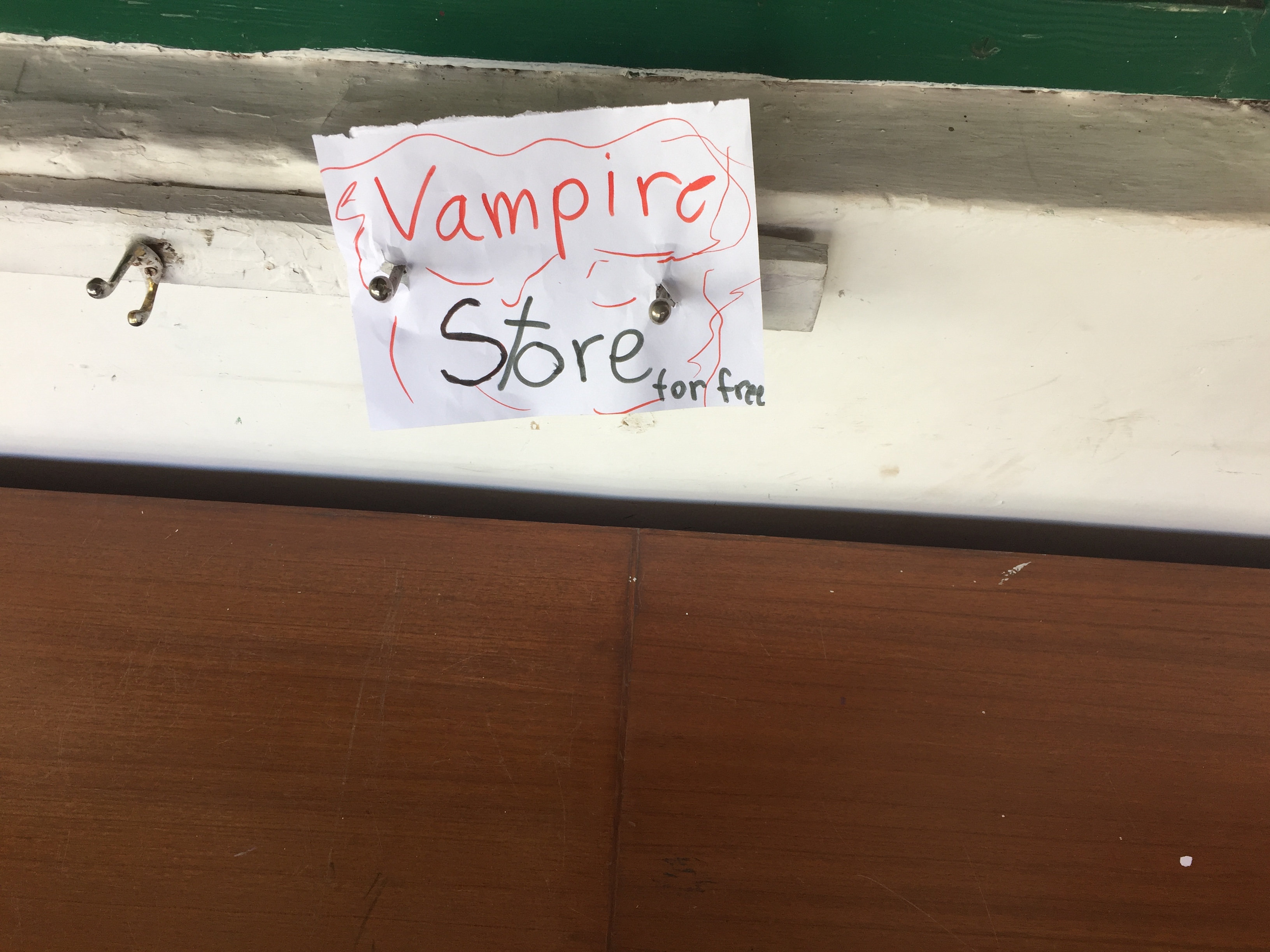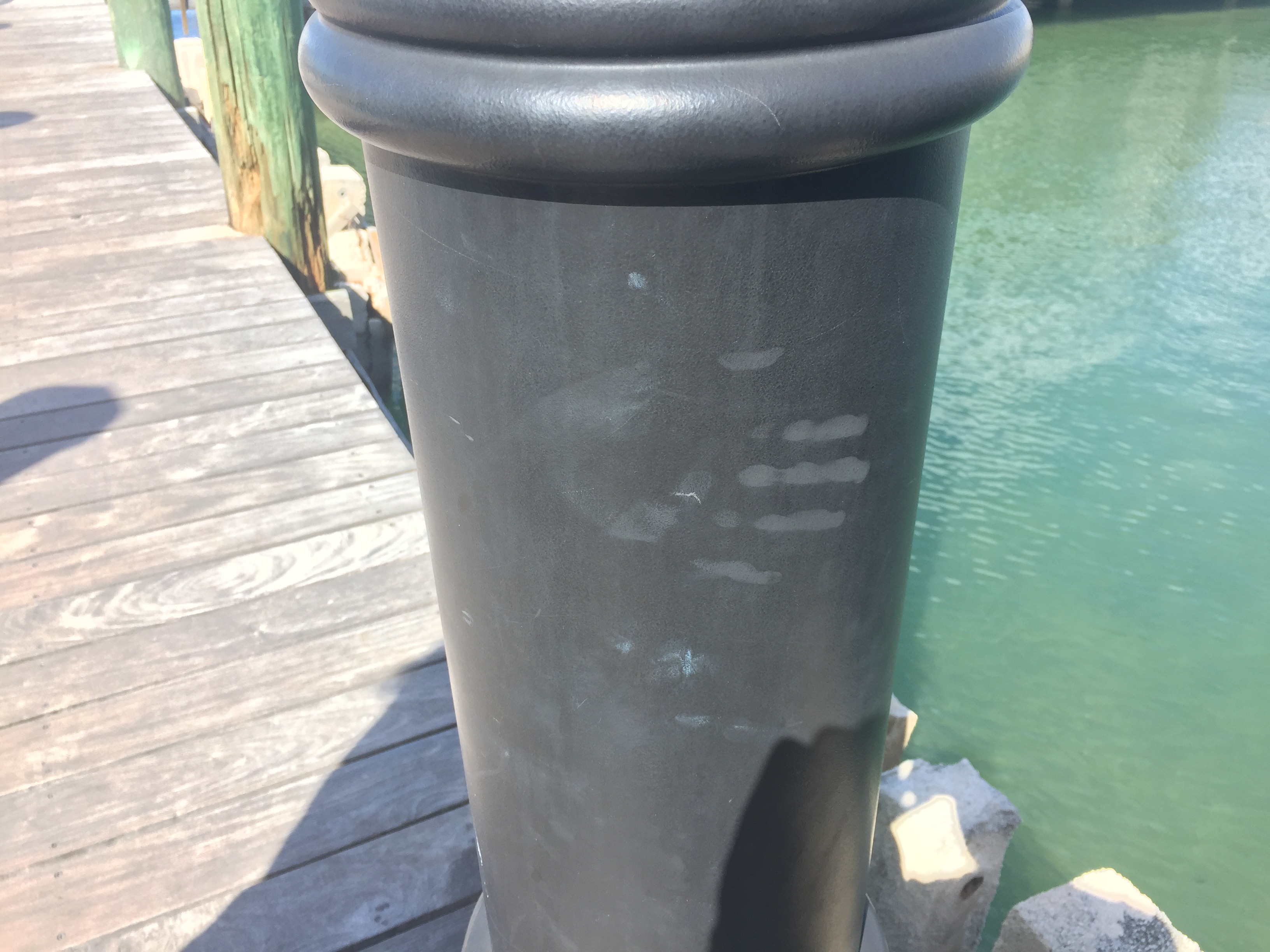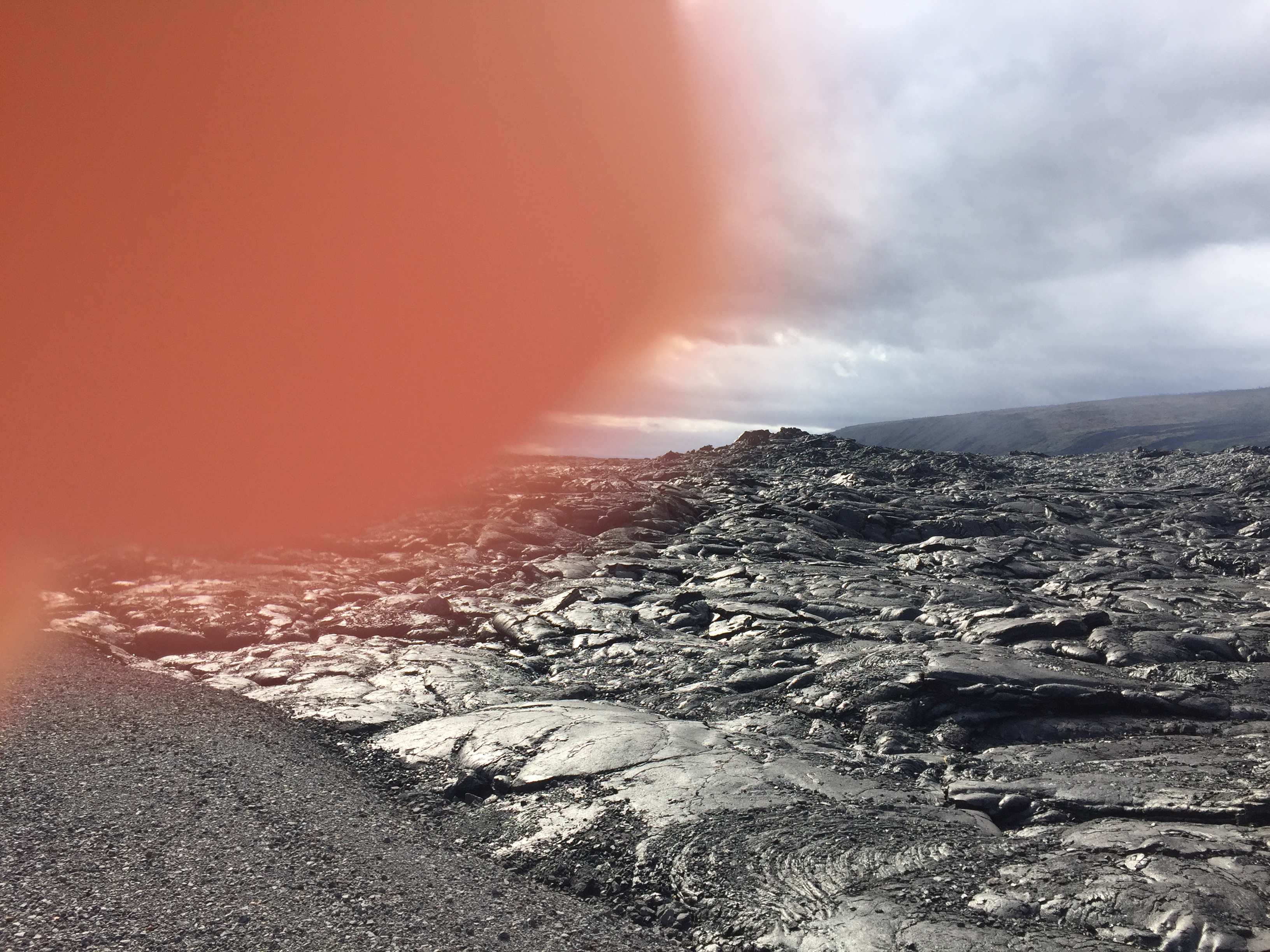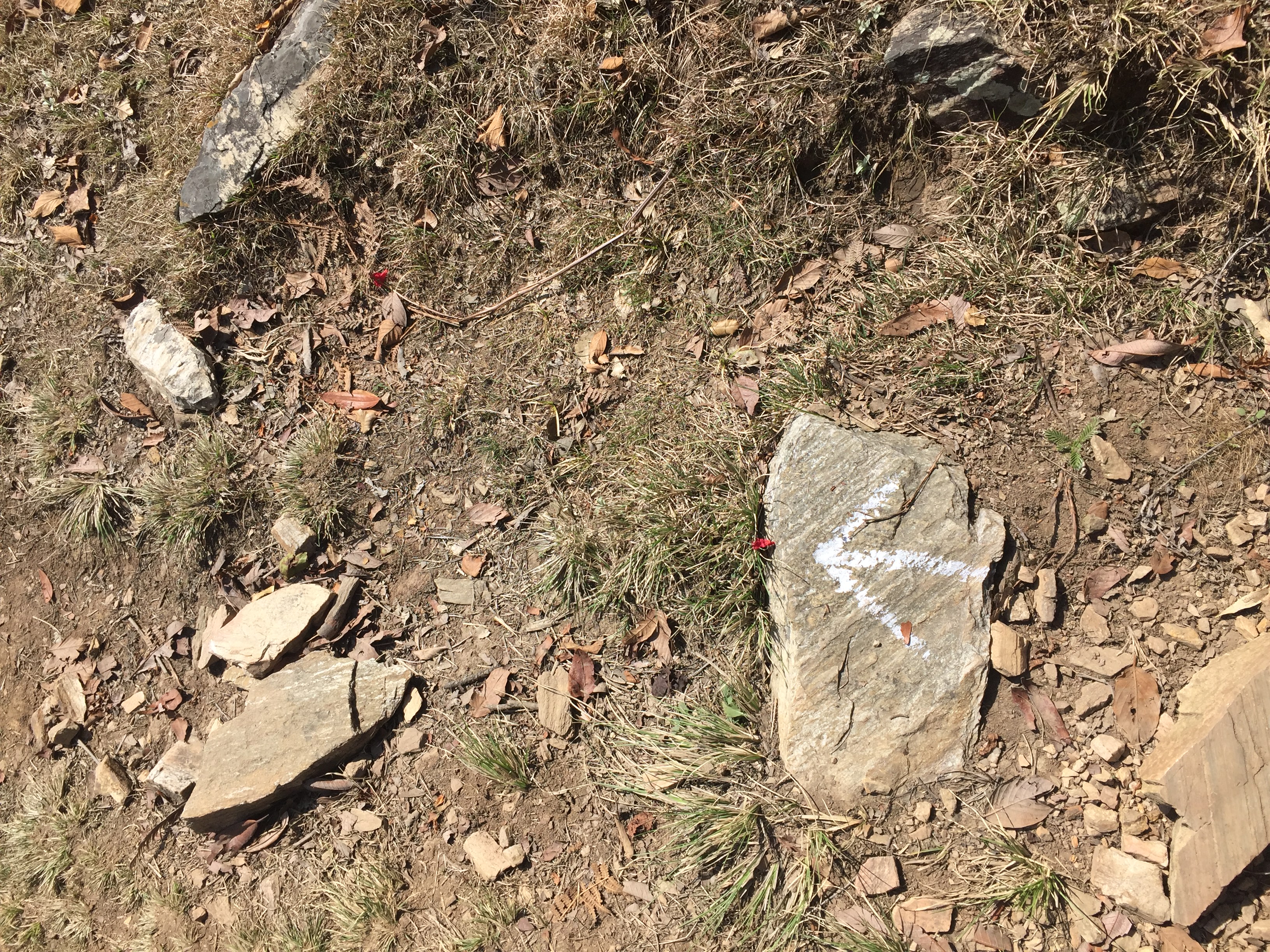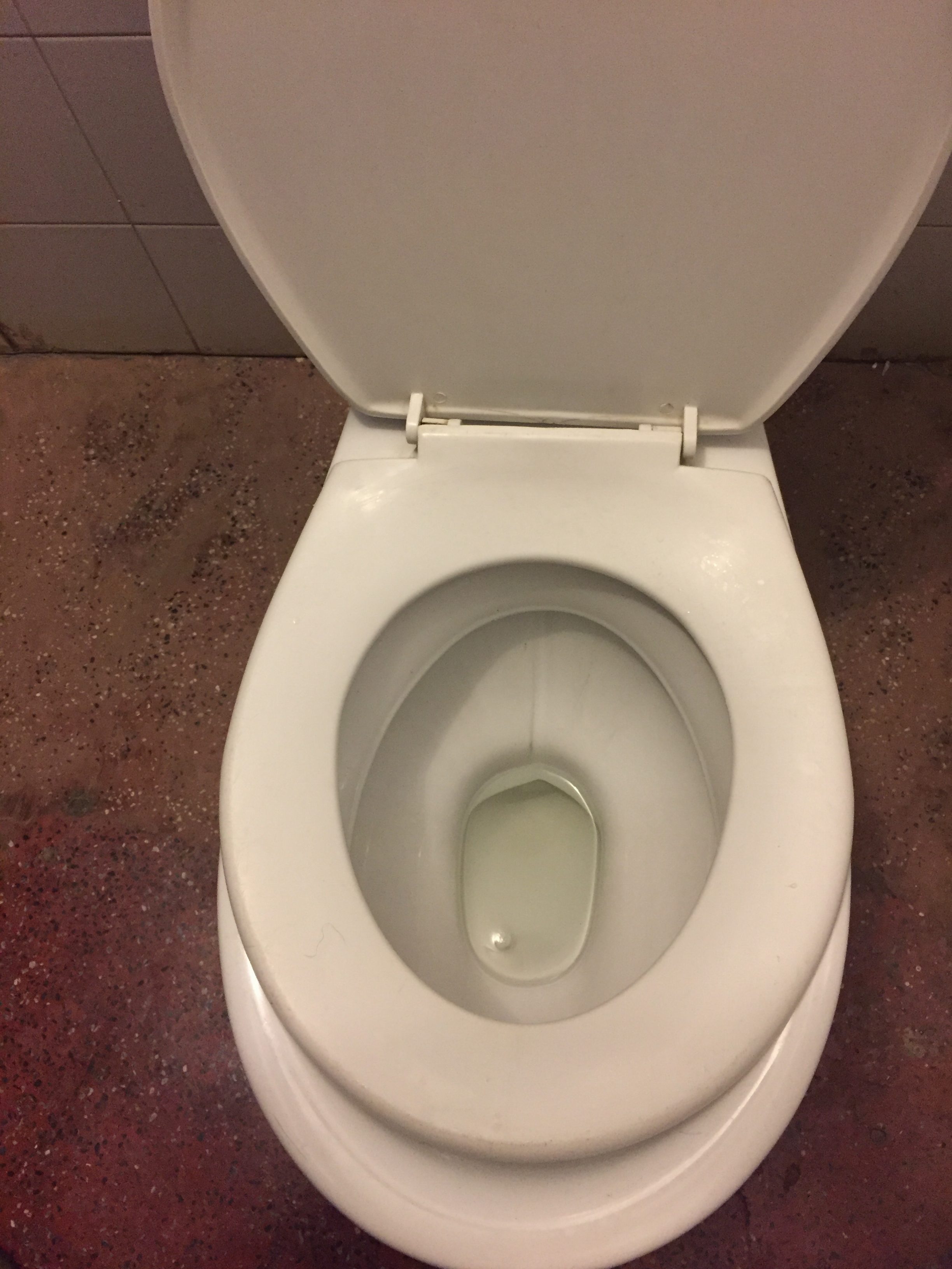Time and Relativity
“Well, we had been walking most of the day at that point- totally off-trail through thick jungle. Like nothing you would see stateside. It was hot, our packs were heavy, and we were more than a little lost. But we keep seeing her- this old grandma elephant, anytime we come to a place open enough to let her through. Our guide, he didn’t speak much English, but he explained the elephants had trails all throughout the jungle. He said it was dangerous, that he didn’t normally take foreigners along them, but that we seemed like we knew how to handle ourselves.…”
“What was he worried about? Leopards or something? Snakes?”
“Poachers. They’ve got a law down here, anybody can kill poachers on sight. Poachers act in kind.”
“Jesus.”
“So, we started down this trail the elephants took and that same old elephant appeared ahead of us. ‘She watching us,’ our guide said, ‘See if we the bad men.’ He said we should follow her, but keep some distance. She saw us there and started to speed up but every time we thought she might be trying to lose us, she would be around the bend, waiting to see if we were still there.”
“That’s amazing.”
“It gets better. The sun was starting to set and our guide didn’t want us to be out much longer. We convinced him to go a little further, even though we hadn’t seen the elephant in nearly an hour. I was sore, man. My arms were sore from kayaking in- I found out later I was walking with a concussion from before- but how often do you get a chance like that? Finally, we came to a clearing and she was there! She had a whole family with her, she was the oldest, but there were a couple little ones there too.”
“Aww.”
“Well, I say little, but they definitely came up to my chest. ‘She invite us,’ the guide said, and we stepped into the clearing. ‘Old lady knows the bad men,’ he told us, and he showed us where the old elephant had been shot and survived.”
“That’s terrible.”
“Well, they had found their place in the jungle. We stayed for about an hour and just watched the little ones warm up and chase each other around. The ‘old lady’ even took some of our bananas and shared them with the rest. I don’t know a lot about religion, but out there in the jungle with those giants, that was the closest I’ve ever felt to God.”
‘It is a mistake to assume that hardship makes one event worthier than another and, yet, it is difficult to speak of successes without detailing a painful journey that preceded them. Perhaps it is endemic to all hostels, but ‘Wander Haven,’ with its oozing pipes and creaking floors, reliably brings these stories to the forefront of the weary traveler’s mind. It is a place that would attract no customers in a sane world but, because a night there has been dubbed a ‘rite of passage,’ it seems to thrive.
The author’s experiences lead him to believe that a hard-earned success and a lucky one are equal on all scales except by judgement of strangers. There is an amount of masochism that is expected among travelers and establishments like ‘Wander Haven,’ which exist to satisfy some need for self-affliction, fuel it. It is this publication’s view that pissing contests should be avoided when possible, particularly when victory amounts to passing the greatest number of stones.’
The ‘Wander Haven’ is truly unapologetic, selling a variety of ‘I survived…’ type merchandise at the desk and charging about as much as a low-tier motel. In its poorly ventilated common room, I huddle, in a corner, over my copy of Shitholes and unabashedly eavesdrop on the large gathering two tables over. It is the convergence of several traveling groups, of everybody who has walked into this room but me. They are young, younger than me, and pretty, prettier than me. They are dirty in the way travelers are often dirty, but they are energetic and they are optimists. Their light shines brightly against the dismal shadows of the ‘Wander Haven.’
I am drunk.
“I’ve hated every jungle I’ve been to,” a woman says, replying to the young man, “They’re stifling. Can’t see shit.”
The young man shrugs. He seems to enjoy hearing her swear.
“I’ve been back in the states all of a month,” she continues, scratching at a tattoo on her ankle, “And it’s fucking stifling here, too. In the three months before that, the only time I had something over my head was when it got too cold to sleep outside a tent. Give me the stars back!” she finishes dramatically.
“How was the trekking?”
“Fuck,” she says, “Hard. It started out hard and I told myself it would get easier but it just got harder. Each time you finish a climb you hear about something just a little higher with a view that’s just a little better. I met some guys along the way and we decided to do a climb one of them had done before. ‘Who needs a guide?’ they said, ‘There’s only one way to go.’”
“You got lost.”
“An understatement. We turned off a trail and got on the wrong ridge, ended up fucking tip-toeing across with a wall on one side and a sheer cliff on the other. Rain came in, as you might expect. Soaked the tents before we could get them covered. Rain became hail, hail became snow and it got cold. I was colder that night than I’d ever been. Everything was wet, nothing would burn. I put on every dry piece of clothing I had and hoped the water wouldn’t come up over the mattress and into my sleeping bag.”
“But you survived.”
“That’s not the end of it. I finally fell asleep, fucking shivering, and I wake up in the middle of the night to this creaking. No wind, no trees nearby. My brain’s trying to piece the thing together and just as I realize it’s one of my poles bending under the fucking snow, the whole thing collapses on top of me. I end up crawling into the guys’ two-person tent, you bet they fucking loved that.”
“And you still miss it?”
“Well, the next morning the sun came up and I got out of that fucking stuffy tent as fast as I could. I stepped out into the snow and the sun and I was finally fucking warm. Up on that peak you could see for miles- not a cloud in the sky. The mountains around us were white from the storm, the sky was bright blue, and there probably wasn’t another person in three miles.”
“And you saw God in the mountains?” someone jokes, jabbing the elephant guy.
“God was in the fucking storm.”
A solemn sort of quiet passes as the group seems to let out a collective breath. One of the men, at the far end of the table, breaks the silence.
“You don’t really notice the character of places until you’ve gone through something like that, huh?” he asks, “You just take shitty situations personally and shut down to whatever might be redeeming about them. How many people would walk into the lobby of this place and just walk back out without ever giving it a chance?”
They all nod and I take a drink from my water bottle, thinking it’s time to start on the road to sober. The water goes down wrong and I choke and cough and make a scene in the relative quiet that had existed in the room before. When I’m able to breathe again I turn to see everyone looking my way.
“You want to join us, man?” the elephant guy asks after a moment.
“No…” I sputter, “I should head to bed.”
“You look like a guy with a few stories.”
“Not me,” I tell him, “I live a pretty… straightforward life.”
“I saw you come in on that bike parked out front,” the mountain woman insists, “What happened to your handlebars?”
“Stupid driving,” I tell her, “And a sharp turn.”
“You race?” she asks, and I sigh.
“On that thing? Look, I was checking out this stretch of road a few hundred miles east of here that’s supposed to be, uh, shorter than it is. I’d taken it a few times because, well, in order to disprove something you’ve got to show your work and I kept cutting milliseconds off my expected drive time.”
“You think this road is like a teleporter or something?”
“Not me,” I insist, “But some people think something kind of like that.”
I look around the table and see I’ve already lost a few of them but, because the blonde guy is still listening, I continue:
“So, some of the people reporting this said that if you take the curve just right, you hit this series of little bumps and divots that reverberate up through the wheels and sound like a song- they build highways like that in Japan I think. Anyway, that’s supposed to trigger it.”
Even the blonde guy is starting to look doubtful now.
“Long story short,” I say, “I thought I had finally gotten it right, like, there was this rhythm just on the edge of the road that sounded like a song coming up the spokes of the bike. I thought I had gotten it right…”
And then I was somewhere else entirely.
“And then… uh, a squirrel ran out. I stupidly, well, you know…”
“Nothing stupid about that,” blonde guy says, “You’re out there long enough and you realize that the lives of animals are as sacred as our own.”
“Yeah…” I say, running my hands through my hair, “Yeah…”
“Where’d you hear about that road?” mountain woman asks, but a door slams above us before I can answer.
There are frantic footfalls in the stairway before another woman bursts in and runs to blonde guy.
“There’s something in the wall up there,” she says, “Like a fucking mold dog!”
“It’s probably just a spider…” he croons, but she hold up a boot that looks like it could have spent a year on the side of the road.
“It ate my fucking boot, Donny, it’s not a fucking spider.”
“It came out of the wall?” I ask, “Through a hole about a foot across?”
“Have you seen it?”
“Something like it.”
“What am I supposed to do?”
“Leave it the boot,” I say, standing to go, “And tell the story when it’s been long enough to be funny.”
-traveler

